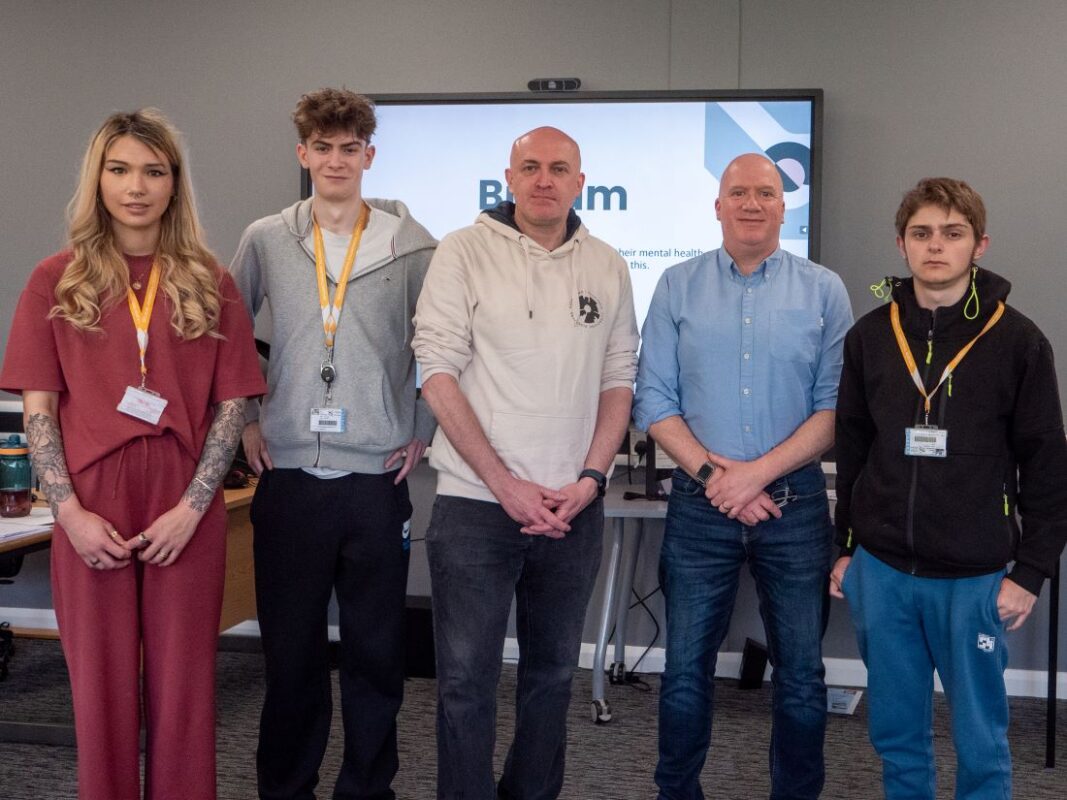Revamping Higher Technical Education (HTE) could be key in the Government’s plans to revolutionise UK Skills, according to new report

A new Report by the Lifelong Education Commission argues that reversing the decline of higher technical education (HTE) provisions in England could be key to realising the Government`s Levelling Up plans. This conclusion follows detailed research by the LEC, supported by the University of Salford, which found that higher technical education in the UK is in rapid decline. Over the last 5 years, learner enrolment in HTE courses has fallen by 25% – whilst the take-up of full degrees rose 8% over the same period.
LEC Chairman and former universities minister, Chris Skidmore, explains the problem:
“Higher Technical Education has too often been treated as the overlooked stage of the education sector, despite having a rich and proud tradition to back it up. The decline of specialist technical colleges in the 1990s led to an explosion in Higher Education, but it also left huge swathes of England`s learners without the skills they need to adapt to a rapidly changing economy. This is why supercharging higher technical education should be priority No. 1 in the Government’s plan to kickstart a ‘skills revolution’ in the UK. The legislative framework for this has already been set-down in the Skills and Post-16 Education Bill. However, to make the most of this golden opportunity, policymakers must choose the right approach”
The Report comes at a time when the value of higher technical skills is increasingly being recognised in Westminster.
Across its Levelling Up White Paper and the Skills and Post-16 Education Bill, the Government has announced a suite of initiatives aimed at driving an increase in the quantity and quality of HTE provision in England. These include:
- Establishing Local Skills Improvement Plans (LSIPs) across the country, aimed at making “technical skills training more responsive to local needs” [1]
- Starting nine new employer-led Institutes of Technology (IoTs) to boost technical skills in STEM subjects [2]
- Developing Higher Technical Qualifications (HTQs) in collaboration with employers to help learners get the skills they need for their chosen career
- Offering a Lifelong Loan Entitlement (LLE), which provides funding up to the equivalent of four years post-18 education
These policies represent a much-needed boost to the UK`s creaky adult technical education sector, according to the Report. In the absence of a joined-up approach, however, researchers worry these initiatives may fail to make a genuine impact.
Professor Helen Marshall, Vice Chancellor of the University of Salford, explains why:
“Increasing the take-up of higher technical education will be critical to plugging skills gaps in key sectors, driving economic growth and levelling up opportunity across the country. However, there are barriers to this. There is a lack of understanding amongst students, teachers, and employers about what higher technical education is and why it’s valuable, and there is a wrongly perceived lower level of prestige associated with these courses when compared to other higher education routes.
“At Salford, we’re committed to working with further education providers and employers to increase all routes into higher education, including higher technical, higher and degree apprenticeships, and three-year degrees. I welcome the publication of this report today, which makes a number of sensible recommendations for boosting higher technical education in the UK.”
This problem was also recognised in the Augar Review, which said that the technical post-18 education system has over time suffered “a loss of status and prestige amongst learners, employers and the public at large” [3].
To address this, the Report recommends the Government expand its current efforts to promote HTE by implementing a programme whereby Institutes of Technology (IoTs) would receive funding to run their own promotion campaigns. This would help by tailoring information campaigns to particular settings, with IoT`s able to draw on their knowledge of local economic and social context.
In addition, the Government could launch two distinct national information campaigns promoting HTE: one focusing on 16-18 learners, and another aimed at employers and experienced workers looking to upskill or reskill.
Among the Report’s other recommendations for reforming HTE are measures intended to raise its prestige in the education sector:
- Commit to further funding rounds for IoTs that are able to demonstrate they are having a positive effect on supporting local economic specialisms and clusters
- Deliver a flexible Lifelong Loan Entitlement which a) is available for HTE on an equal basis to full degrees, b) removes the ELQ rule, allowing learners to fund qualifications at a lower level than ones they currently hold, and c) ensures LLE is additional to any student loans already held by individuals
- Allow access to maintenance support funding for HTE students. Making maintenance funding available on an equal basis would send a clear message that society values time inputted in technical education as much as it does time spent on degrees.
- Improve careers options, information, advice and guidance at all ages for higher technical options post-16. In particular, learners would benefit from having more details on student financing, the link between employers and HTQs / IoTs, the full range of HTE qualifications available, and the relative merits of each type
Director of ResPublica Phillip Blond expands on the importance of technical skills to levelling-up education in the UK:
“Higher technical education has so much to offer learners, both in early life and at various stages of adulthood. It can provide practical skills for the workplace and for life in a shorter timeframe than a full-degree with honours, whilst still providing a stepping stone to continued higher education for those who want it. Upgrading this sector will help more individuals gain the skills they need to find higher-paid, personally rewarding, and socially beneficial work.”











Responses